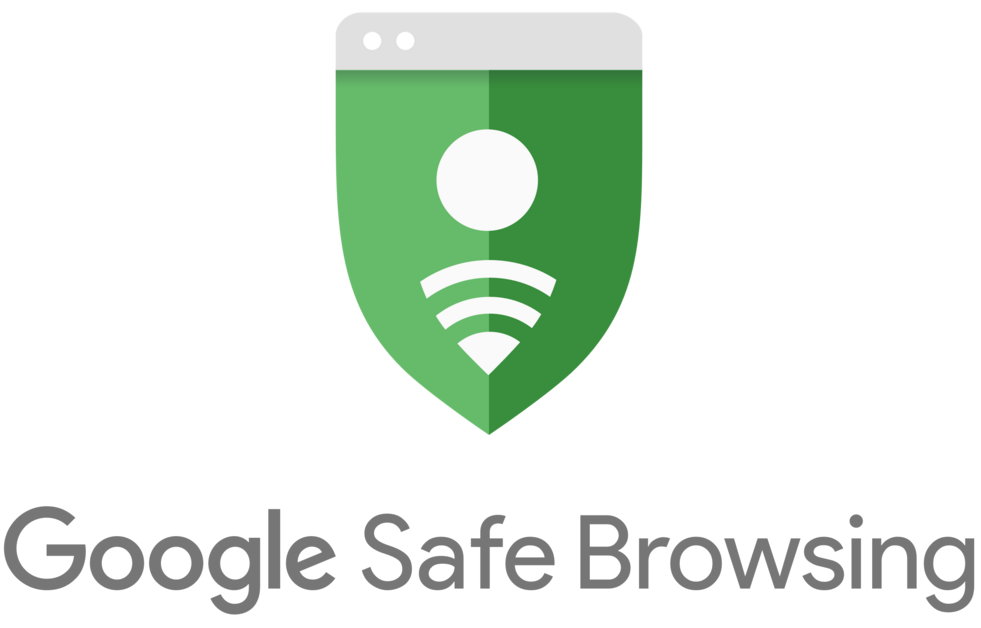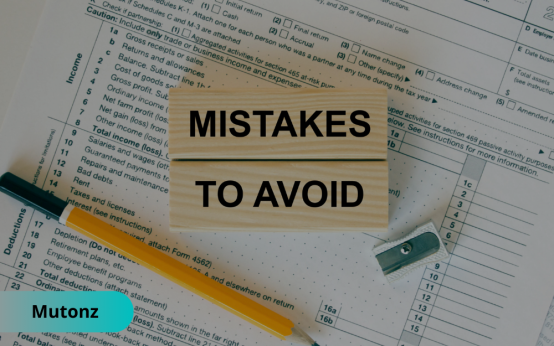Owning a house is an investment, having Homeowners Insurance is not only an essential tool to keep you assets safe, but to also protect you and your family in the event something happens to your property.
Whether you’re a new homeowner or reassessing your current coverage, it's important to understand how they work, so you can choose a policy that meets your needs and provides the protection you deserve.
What Is Homeowners Insurance?
It is an insurance designed to protect homeowners from financial loss due to damage or destruction of their home and belongings, caused by threats such as fire, theft, vandalism, windstorms, hail, and even certain types of water damage. It can also provide liability coverage if someone is injured on your property. In essence, it acts as a safety net, helping you replace, repair, or rebuild your house and belongings.How Does It Work?
When you purchase a homeowners insurance policy, you agree to pay a premium to the insurance company. In return, the insurer agrees to cover specific types of losses and damages, up to the limits outlined in your policy. If you experience a covered event, such as a fire or burglary, you file a claim with your insurance provider. After assessing the damage and verifying coverage, the insurer will either pay you directly or reimburse you for repair and replacement costs.Types of Homeowners Insurance
Commonly referred to as HO policies, each type offers varying levels of coverage, tailored to different needs:- HO-1 (Basic Form): this policy provides limited coverage for specific perils, such as fire, theft, and vandalism. It’s the most basic and least common form of homeowners insurance.
- HO-2 (Broad Form): cover a broader range of perils, including falling objects, snow damage, and water damage from plumbing issues. However, coverage is still limited to named perils listed in the policy.
- HO-3 (Special Form): the most common type of policy, it provides comprehensive coverage for your house and other structures, except for exclusions stated in the policy. Personal property is typically covered on a named-perils basis.
- HO-4 (Renters Insurance): designed for tenants, this policy covers personal belongings and provides liability protection but excludes the structure itself.
- HO-5 (Comprehensive Form): offering the most extensive coverage, it protects both your house and personal property on an open-perils basis, covering everything except listed exclusions.
- HO-6 (Condo Insurance): this policy is for condominium owners, covering personal property, interior walls, and liability, while the building’s structure is typically covered by a master policy.
- HO-7 (Mobile Home Insurance): tailored for mobile or manufactured homes, this policy mirrors HO-3 but accounts for the specific needs of these homes.
- HO-8 (Modified Coverage Form): designed for older homes, this policy covers the cost to repair or replace damage using materials and construction methods similar to the original structure.
What Does Homeowners Insurance Cover?
- Dwelling Coverage: protects the structure of your home, including walls, roof, and built-in appliances, from covered perils like fire, windstorms, and vandalism.
- Other Structures Coverage: covers detached structures on your property, such as garages, sheds, and fences, against the same perils as your dwelling.
- Personal Property Coverage: protects your belongings, including furniture, electronics, and clothing, from theft, fire, and other covered events. High-value items may require additional coverage.
- Liability Protection: provides financial protection if you’re found legally responsible for injuries or property damage to others in your house. This includes medical payments for injured parties.
- Loss of Use Coverage: covers additional living expenses if you’re unable to live in your home due to a covered loss. This may include hotel stays, meals, and transportation costs.
Why Is It Important to Have One?
- Financial Protection: without insurance, repairing or rebuilding your home after a disaster can be a financial burden.
- Lender Requirement: mortgage lenders typically require homeowners insurance to protect their investment in your property.
- Peace of Mind: knowing you’re protected against unexpected events allows you to enjoy your home without constant worry.
- Liability Coverage: accidents happen, and liability coverage ensures you’re not personally responsible for costly medical bills or legal fees if someone is injured on your property.



 8 Common Mistakes to Avoid When Filing Your Taxes
8 Common Mistakes to Avoid When Filing Your Taxes  Age Limits for Children’s Bank Accounts: What Parents Need to Know
Age Limits for Children’s Bank Accounts: What Parents Need to Know  The Impact of Artificial Intelligence Advancements on the Financial Lives of Americans
The Impact of Artificial Intelligence Advancements on the Financial Lives of Americans